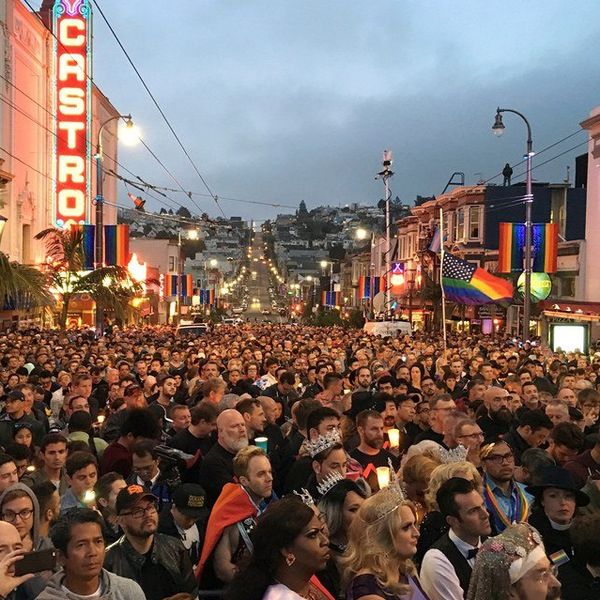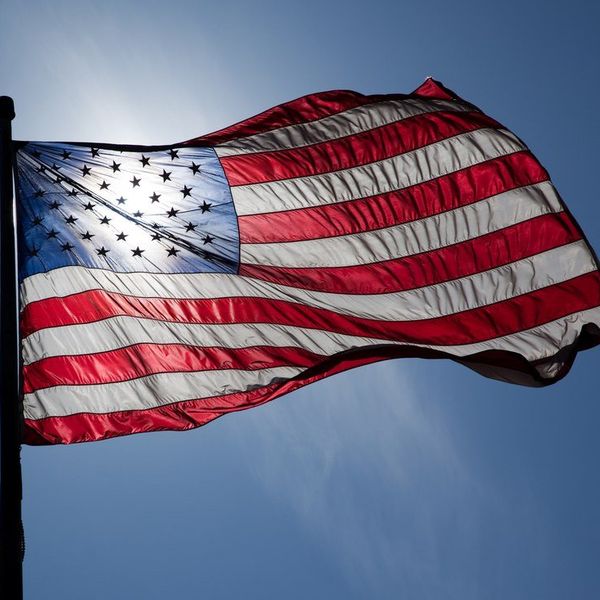Hi there! Today, we will be shifting our focus from Australia to another continent--Asia. In addition to teleporting to a different area, we will also be going back in time.
Whoosh!
Here we are: August 14, 1947, in East Pakistan (or as it is now known, Bangladesh). This was the day Pakistan gained independence from British rule. Supposedly, this day promotes patriotism and national unity--which is what happens today, I'm sure, but back in 1947, there was anything but national unity in Pakistan.
Back then, Pakistan was divided into two separate regions: West Pakistan and East Pakistan. West Pakistan dominated the government and politics, even though it had a substantially smaller population than East Pakistan. Meanwhile, East Pakistan only held a few seats in the Constituent Assembly. The biggest disparity, however, was the fact that West Pakistan spoke Urdu, and East Pakistan spoke the Bengali language. The endonym (which is the name used for something in the language by the people who live there) for the Bengali language is called Bangla.
In 1948, Muhammad Ali Jinnah, the founder of Pakistan, announced that the country's official language would be Urdu and no other language. This was a problem, however, for the majority of Pakistan's population--over half of the people living in this country spoke Bangla. They were not happy to be suppressed like this, especially because it was just another form of oppression they felt come from West Pakistan.
From 1948 to 1952 (some argue that it started as early as 1947), the pot was brewing. Bangla script was eradicated currency and stamps. Bengalis saw this as a way of West Pakistan trying to stomp out the culture of East Pakistan. Finally, on February 21, 1952, the police fired shots on some Bengali students protesting. Several deaths ensued, and the Bengali Language Movement jumped into full-fledged action. This day, February 21, would later be known in Bangladesh as the Language Movement Day; in addition, it would later be recognized by UNESCO as International Mother Language Day.
To honor the martyrs, many Bengali students (from the Dhaka Medical College) constructed a monument called Shaheed Smritistombho, or "Monument of Martyrs." The monument was later destroyed by police. A year later, on February 21, 1953, Bengalis wore black badges as a sign of solidarity. Most businesses and schools across the region were closed to observe the day. Hundreds of thousands of people met to protest the oppression of their language. West Pakistani authorities felt threatened by just how many people were in support of the Bengali Language Movement, and they deemed that anyone who supported Bangla as an official language would be considered an enemy of the state.
Where did this butting-of-heads-of-languages come from? Since language is tied to all aspects of culture and religion, we should start unpacking there. Even though both West and East Pakistan practiced Islam, they differed in certain religious views. Just like there seems to be an infinite number of Christianity sectors, Bengali Muslims and Pakistani Muslims did not agree on certain things. The Islamist paradigm that West Pakistan had created went strongly against many Bengali Islamist views, and the Bengalis could see that religion was being used as the one common thread holding the two regions together.
The shame put on Bangla was one of the biggest reasons Bengalis could no longer accept being under Pakistani rule. Linguistic pride outweighed any common religion; Bengalis were extremely proud of their language and the culture that went along with it. However, Pakistanis did not enjoy the Bengali language because it had an Eastern Nagari script and Pali vocabulary. The Western Pakistani elite considered this to be a smack of their culture and deemed it unacceptable to be spoken or used in the nation.
44 million of the 69 million people living in West and East Pakistan spoke Bangla. There was no way that uproar would be suppressed for long. Already, we have seen how much tension there was in the region because of language and language oppression--there were protests, deaths, monuments, threats, and more. Next week, we will be talking about just what came out of all this. Will the Bengalis finally receive the language freedom they deserve?
Stay tuned. ;)



















